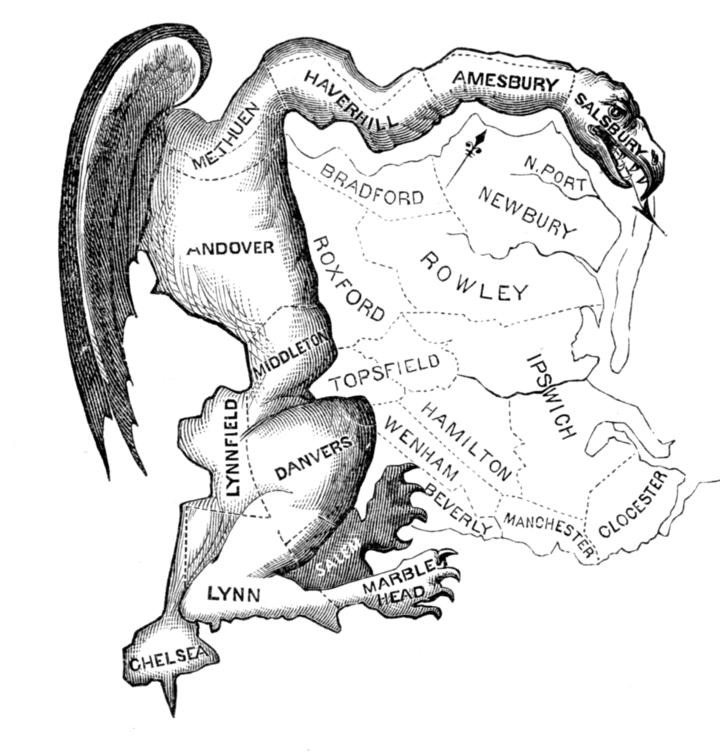Virginia Policy Review 159 Internet Arms Control: Disarming Social Media’s Sword and Shield Protections By Patrick Grant I. Introduction The definitive piece of legislation governing the modern internet was signed into law the same year I was born. In 1996, Congress passed the Communications Decency Act to regulate pornographic material on the internet. While the courts struck down most of this law for violating the 1st Amendment, a short provision in the text withstood legal challenge and is now heralded as “the most important law protecting free speech online” (Harmon, 2018). This provision, known as Section 230, states that: “No provider or user of an interactive computer service shall be treated as the publisher or speaker of any information provided by another information content provider.” In other words, Section 230 guarantees that internet companies (ICs) cannot be held liable for most user-submitted content hosted on their service. Before the first dot-com bubble burst, this was a reasonable policy to let upstart internet companies get on their feet and not have to worry about moderating rogue actors on the internet. Now, Facebook has more users than China has citizens (Taylor, 2016), and foreign actors use it as their playground to disrupt democracy. The question of whether Facebook should be treated like a public forum where the right to free speech is paramount, or a newspaper where editorial discretion is required, has never been more important. In this paper, I will describe the policy environment that preceded Section 230 which illustrates why this law is necessary. I will track its policy history through to today, detailing how the courts strengthened the law and Congress has sought to undermine it. Then, I will discuss several policy alternatives to ameliorate problems raised by Section 230, noting which stakeholders stand to gain or lose from each option. I will conclude by issuing a recommendation to Congress on how best to address Section 230 and the internet as a whole. II. Policy History Why Do We Have Section 230? Conflicting rulings produced by two court cases inspired Congress to create Section 230 (Goodman & Whittington, 2019). In 1991, the District Court for the Southern District of New York ruled in Cubby inc. v. CompuServe inc. that the internet firm CompuServe would not be held liable for defamatory content hosted on their website because they had a policy not to moderate the content on their message boards. Four years later, the New York Supreme Court ruled in Stratton Oakmont v. Prodigy Services that Prodigy was liable for defamatory content posted anonymously on their site because Prodigy actively moderated their forums. The courts treated CompuServe like a newsstand, which sells magazines containing defamatory
Virginia Policy Review, Volume XIII Issue I

Issuu converts static files into: digital portfolios, online yearbooks, online catalogs, digital photo albums and more. Sign up and create your flipbook.


